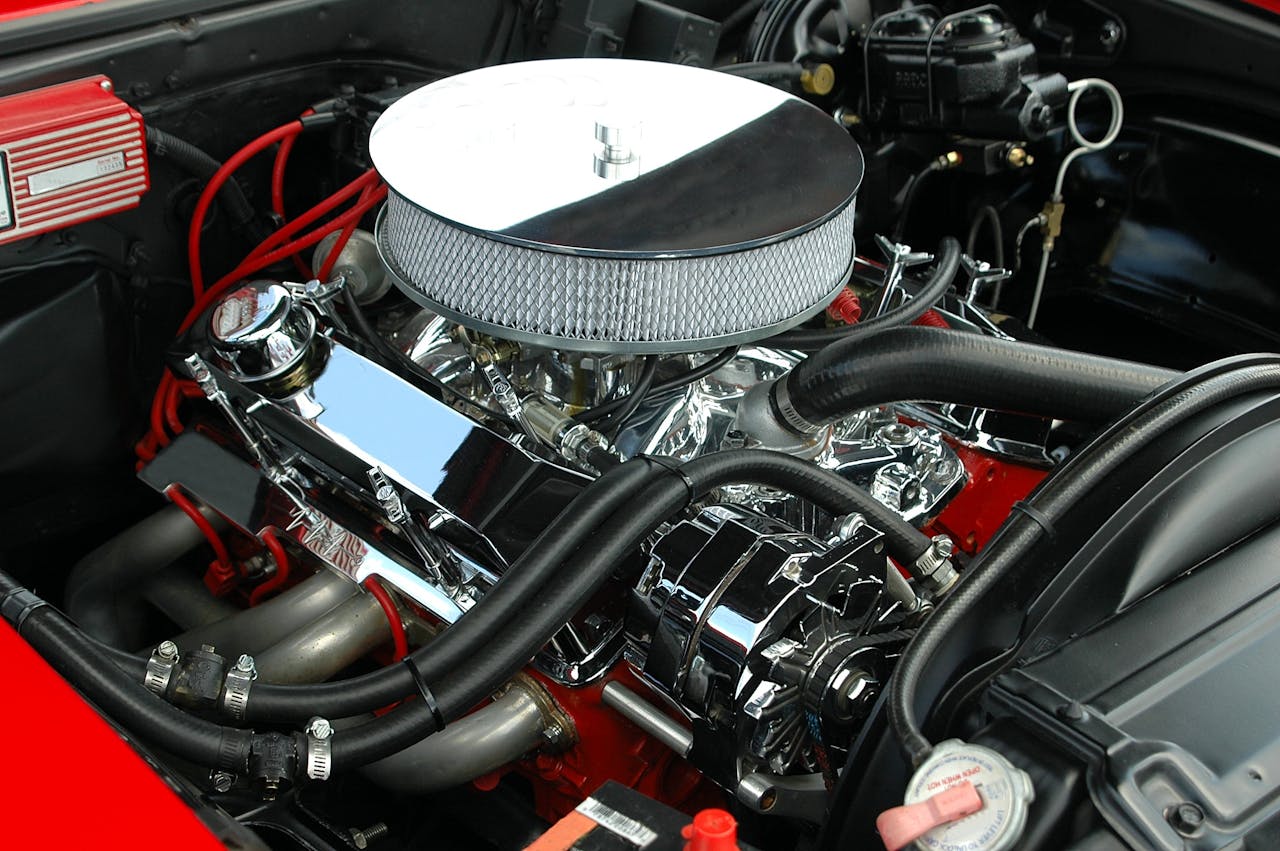Diesel engines have long been the preferred choice for heavy-duty applications due to their reliability, efficiency, and power output. However, to ensure optimal performance and longevity, it’s crucial to understand the various components that make up these engines and how they work together. In this article, we’ll explore the key aspects of diesel engines and provide insights on maximizing their performance.
The Heart of the Diesel Engine: Fuel Injection System
The fuel injection system is a critical component of any diesel engine. It is responsible for delivering the precise amount of fuel at the right time, ensuring efficient combustion and power generation. Modern diesel engines often feature advanced fuel injection technologies, such as common rail systems or piezoelectric injectors, which offer improved fuel atomization and more precise control over injection timing and duration.
To maintain optimal performance, it’s essential to keep the fuel injection system clean and well-maintained. Regular fuel filter replacements and using high-quality diesel fuel can help prevent clogging and ensure consistent fuel delivery.
Turbochargers: Boosting Power and Efficiency
Turbochargers have become an integral part of modern diesel engines, allowing them to generate more power while improving fuel efficiency. A turbocharger uses exhaust gases to spin a turbine, which in turn drives a compressor that forces more air into the engine’s cylinders. This increased air supply enables the engine to burn more fuel, resulting in higher power output.
One example of a high-performance turbocharger is the Cummins ISX Turbo, which is designed to deliver exceptional power and efficiency in heavy-duty applications.
To ensure your turbocharger performs at its best, regular maintenance is crucial. This includes:
- Checking for leaks in the oil supply lines
- Inspecting the turbine and compressor blades for damage
- Replacing the air filter regularly
- Allowing the engine to cool down before shutting off to prevent oil coking
Cooling System: Keeping Temperatures in Check
Diesel engines generate a significant amount of heat during operation, making an efficient cooling system essential for maintaining optimal performance and preventing damage. The cooling system typically consists of a radiator, water pump, thermostat, and coolant passages within the engine block and cylinder head.
To keep your diesel engine running at the right temperature:
- Regularly check the coolant level and condition
- Inspect the radiator for leaks or damage
- Replace the thermostat if it fails to open or close properly
- Flush the cooling system and replace the coolant as recommended by the manufacturer
Lubrication System: Protecting Moving Parts
The lubrication system is responsible for reducing friction and wear between the moving parts of a diesel engine. It consists of an oil pump, oil filter, and a network of passages that distribute oil throughout the engine.
To maintain proper lubrication:
- Change the oil and filter at the recommended intervals
- Use the appropriate grade and type of oil for your engine
- Check for leaks in the oil lines and seals
- Monitor oil pressure and address any issues promptly
Exhaust System: Managing Emissions and Performance
The exhaust system plays a crucial role in managing emissions and maintaining engine performance. Modern diesel engines often feature exhaust aftertreatment systems, such as diesel particulate filters (DPF) and selective catalytic reduction (SCR), to reduce harmful emissions.
To keep your exhaust system functioning properly:
- Monitor the DPF for excessive soot buildup and perform regeneration cycles as needed
- Ensure the SCR system has an adequate supply of diesel exhaust fluid (DEF)
- Inspect the exhaust pipes and muffler for leaks or damage
- Address any issues with the exhaust gas recirculation (EGR) system promptly
Final Thoughts
Maximizing the performance of your diesel engine requires a comprehensive approach that involves regular maintenance, using high-quality components, and understanding how the various systems work together. By following the tips and insights provided in this article, you can ensure that your diesel engine operates at peak efficiency, delivering the power and reliability you need for your specific application.
Remember, investing in the health of your diesel engine not only improves its performance but also extends its lifespan, saving you time and money in the long run.

Leave a Reply